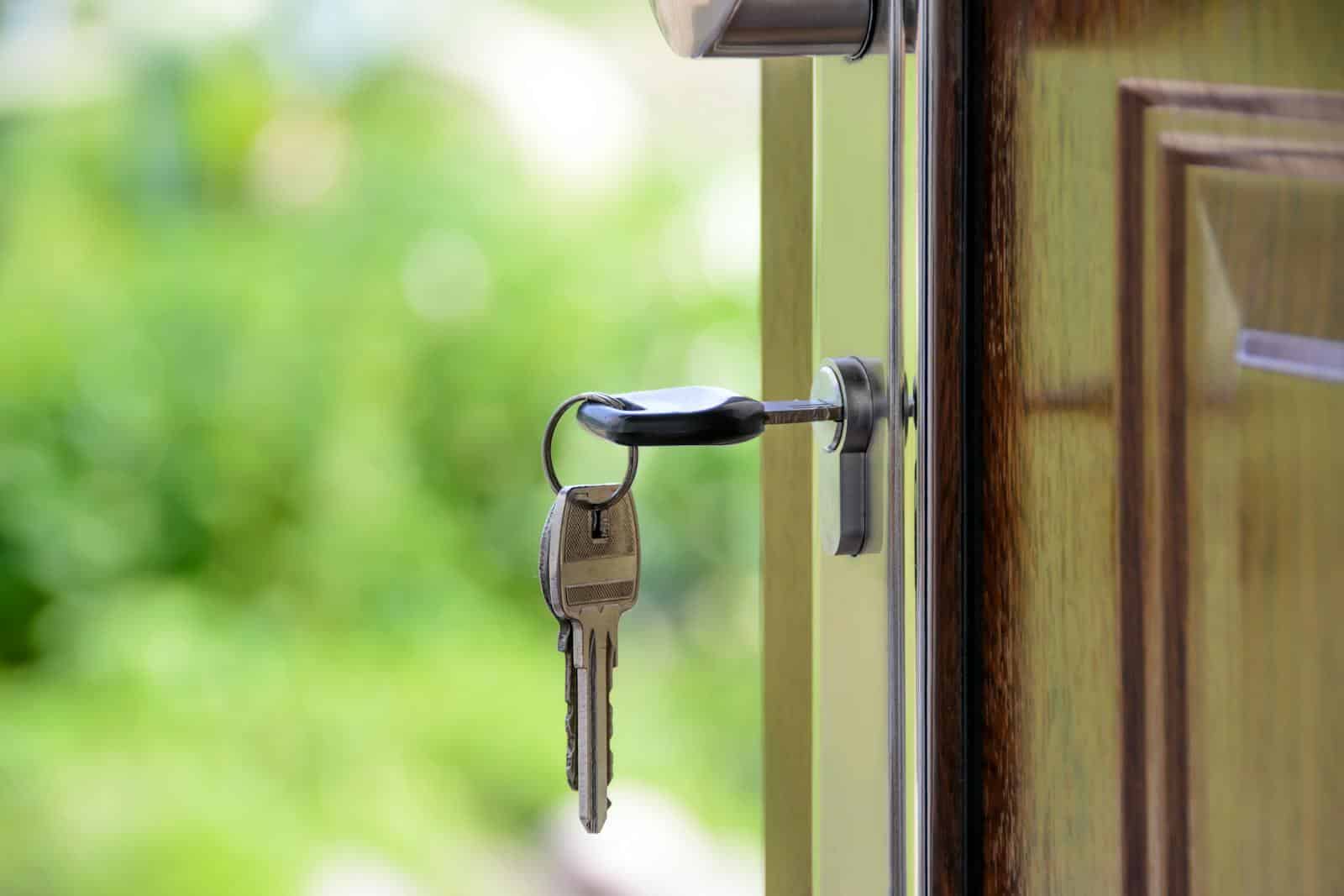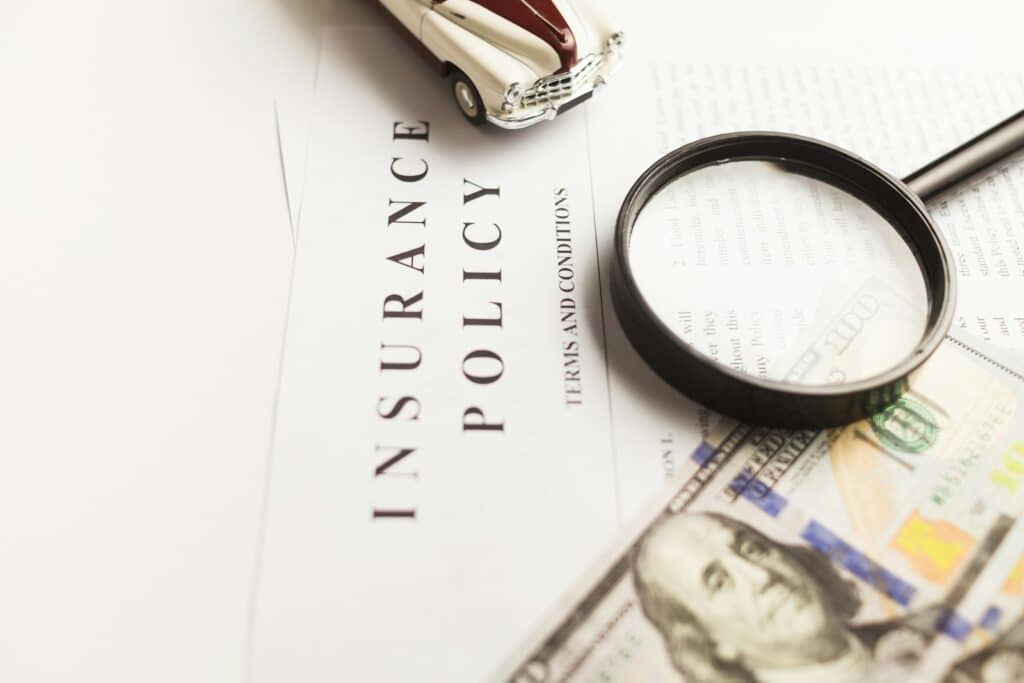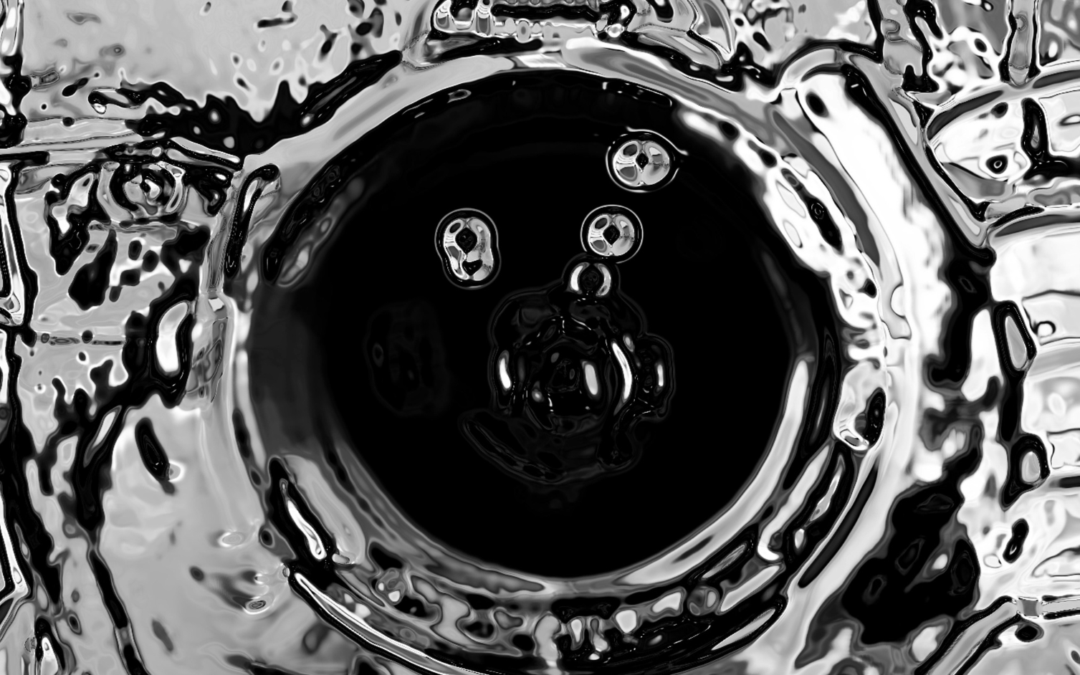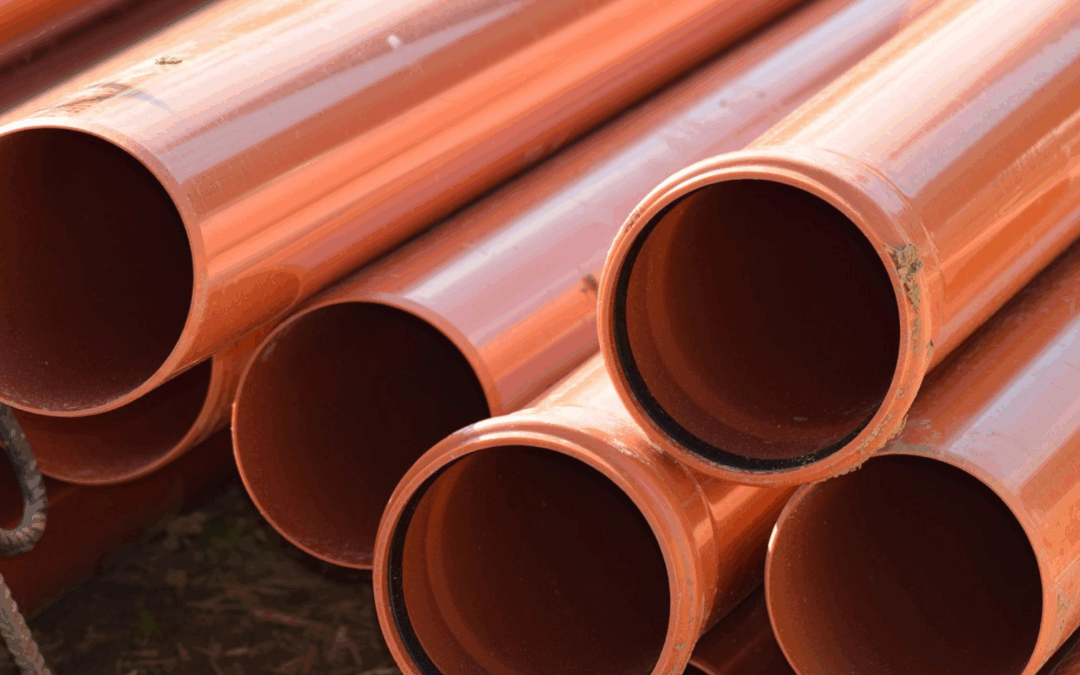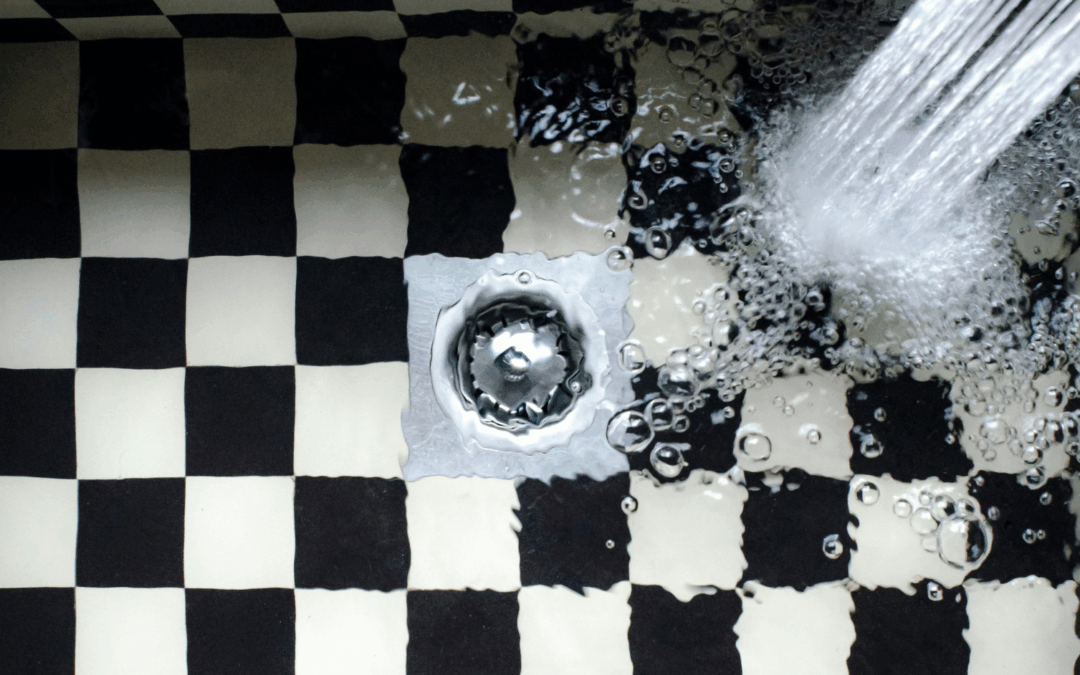No homeowner wants to deal with a burst pipe or a leaking faucet, but plumbing issues are an inevitable part of property ownership. When disaster strikes, the big question is, does homeowners insurance cover plumbing problems? The answer can depend on the nature of the issue, your insurance policy, and the level of coverage you have.
In this article, we’ll explore the ins and outs of how homeowners insurance can cover plumbing repairs, damage, and other related costs, helping you better understand your policy and protect your home.
Schedule Service Online
Get a free estimate so you know what you're signing up for
"*" indicates required fields
For Emergency Services Call: 410-255-9300
What Is Homeowners Insurance and How Does It Work?
Before we tackle plumbing issues, it’s essential to understand what homeowners insurance is and how it works. A standard homeowners insurance policy helps protect your home, personal property, and financial well-being from certain risks, such as fire, theft, and accidental water damage. It’s designed to pay for repair or replacement costs when covered losses occur, subject to policy limits and deductibles.
Common Types of Coverage in Home Insurance:
- Dwelling Coverage: Protects the structure of your home, like walls, roof, and floors.
- Personal Property Coverage: Covers your belongings like furniture, electronics, and clothing.
- Liability Coverage: Pays for legal expenses if someone is injured on your property.
- Loss of Use Coverage: Covers living expenses if your home becomes uninhabitable during repairs.
Now, the big question is how plumbing systems and the resulting damage fit into these categories.
Common Plumbing Issues Covered by Homeowners Insurance
Homeowners insurance is designed to protect you from unexpected losses, and it often covers certain plumbing-related damages under specific conditions. Here are some common plumbing issues that might be covered:
Sudden and Accidental Water Damage
If a pipe suddenly bursts, causing water damage to your walls, floors, or other parts of your home, your homeowners insurance policy typically covers the cost of repairing the damage. However, the cost of repairing the pipe itself usually falls on the homeowner.
Sump Pump Failure: While standard homeowners insurance doesn’t usually include water backup coverage from sump pumps, you can add optional coverage for broader protection.
Water Leaks: Damage caused by a sudden burst pipe or a leak may be covered, including repairs to the plumbing system and replacement of water-damaged property.
Overflow of Water or Steam
Accidents such as the overflow of water or steam from a plumbing device, like a water heater, can also be covered. This includes resulting damages to your home’s structure or personal belongings, depending on the specifics of your policy.
Faulty Plumbing Emergencies
When a plumbing system’s design or installation is defective and results in damage, it may be covered if the damage is sudden and unexpected. However, coverage can vary widely, so it’s important to verify with your insurer.
Water Heater Explosions
If your water heater explodes and causes damage to your home, you may be covered for the resulting damages. As with other types of claims, regular maintenance and inspections can support the legitimacy of your claim.
Burst Pipes and Frozen Pipes
- Most standard home insurance policies cover damage caused by burst pipes, especially during cold weather. For example, if a frozen pipe bursts and damages your floors or walls, the resulting water damage is likely covered.
- If the damage happened because you failed to keep your home adequately heated during the winter, your claim may be denied.
Accidental Plumbing Issues
Accidental problems, such as a pipe suddenly rupturing or a sump pump failing, can fall under your home insurance coverage. For instance:
- Sump Pump Failure: While standard homeowners insurance doesn’t usually include water backup coverage from sump pumps, you can add optional coverage for broader protection.
- Water Leaks: Damage caused by a sudden burst pipe or a leak may be covered, including repairs to the plumbing system and replacement of water-damaged property.
Sewer Backups and Flooding
If you’ve added water backup coverage or flood insurance, plumbing issues such as sewer backups or water damage from heavy rain may be included.
Flooding caused by natural disasters typically requires a separate flood insurance policy, as standard home insurance excludes flood damage.
Tree Root Damage
If tree roots invade your plumbing system and cause a burst pipe, the damage may be covered if it occurs unexpectedly. However, wear-and-tear or failure to perform routine maintenance can lead to a denied claim.
It’s crucial to thoroughly understand the details of your insurance policy. Some plumbing-related occurrences, particularly those resulting from neglect or inadequate maintenance, might not be covered. Always read the fine print and consult with your insurance agent to ensure clarity and adequate protection.
Plumbing Services Typically Not Covered by Homeowner’s Insurance
While homeowners insurance can offer some protection against unexpected plumbing disasters, there are several scenarios where coverage may not apply. Understanding these exceptions will help homeowners plan and allocate resources for potential out-of-pocket expenses.
Regular Maintenance and Wear and Tear
Insurance policies generally do not cover regular maintenance or repairs needed due to normal wear and tear. Homeowners are expected to maintain their plumbing systems over time, addressing minor issues such as drips and slow leaks before they cause significant damage.
Gradual Damage
Damage that occurs gradually, as opposed to suddenly and accidentally, is typically not covered. For example, mold resulting from a slowly leaking pipe that hasn’t been addressed in a timely manner would likely be excluded from coverage.
Sewer Line and Septic Tank Issues
Problems with sewer lines or septic tanks usually require separate coverage. Most standard policies don’t cover repairs or replacement when these systems fail without additional endorsements.
Low-Quality Installation or DIY Failures
Plumbing problems resulting from poor-quality installation, especially DIY jobs that don’t meet professional standards, might not be eligible for coverage. Policies often exclude damages arising from installation errors or inferior workmanship.
Negligence and Inadequate Maintenance
If it’s determined that a homeowner has neglected their plumbing system, leading to damage that could have been prevented through regular upkeep, the related repair costs might not be covered. Insurers expect homeowners to take reasonable steps to maintain their property.
By being aware of these common exclusions, homeowners can take the necessary steps to maintain their plumbing systems and consider purchasing additional coverage where needed. Regular inspections and maintenance can play a pivotal role in reducing unexpected expenses.
What to Do If You Experience a Plumbing Emergency
When a plumbing problem strikes, take these steps to prevent further damage and improve your chances of a successful insurance claim:
- Contact Your Insurance Agent: Immediately contact your insurance agent or homeowners insurance company to report the incident.
- Prevent Further Damage: Shut off the water supply and take immediate steps to reduce damage, such as mopping up standing water or placing tarps over damaged areas.
- Document the Damage: Take photos or videos of damaged areas, furniture, and any personal property affected.
- Call a Plumber: Bring in a licensed plumber to assess and repair the plumbing issue. Keep receipts for all work done.
- File Your Claim: Submit your claim to your insurance cover provider, including documentation, repair bills, and other relevant details.
What Are Your Options for Additional Coverage?
If standard home insurance feels too restrictive, consider exploring optional coverages to protect against a broader range of plumbing issues. These include:
Water Backup Coverage
Covers sewer backups or water damage caused by malfunctioning sump pumps or clogged drains.
Flood Insurance
Helps you cover damage caused by floods, standing water, and other natural disasters excluded from standard policies.
Equipment Breakdown Coverage
Covers the repair or replacement costs for essential appliances, including heating and air conditioning units, sump pumps, and more.
Consult with your insurance agent to find out which add-ons make sense for your home.
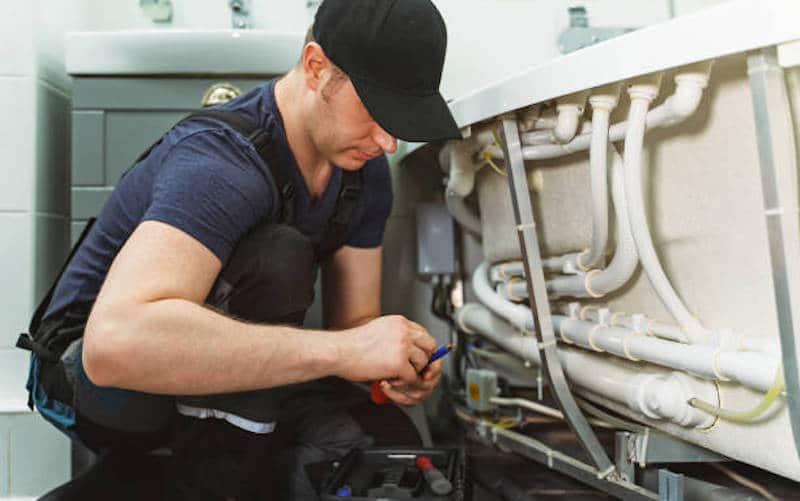
Top Homeowners Insurance Carriers Offering Plumbing Services
When choosing a homeowners insurance provider, it’s important to select one that understands the intricacies of plumbing issues and offers the necessary coverage. Here are six top insurance carriers that provide comprehensive homeowners insurance, including plumbing services:
State Farm
State Farm is known for its reliable coverage and customer service. They offer a variety of insurance options, including coverage for plumbing-related incidents.
Allstate
Allstate provides homeowners insurance that includes coverage for common plumbing problems, backing their offerings with strong financial stability and a vast agent network.
Liberty Mutual
Liberty Mutual offers flexible homeowners insurance policies, which can be tailored to include protection against plumbing disasters like burst pipes and leaks.
Visit Liberty Mutual’s website
USAA
USAA caters primarily to military personnel and their families, offering comprehensive home insurance with customizable plumbing coverage options.
Farmers Insurance
Farmers Insurance offers robust homeowners insurance policies that can cover plumbing emergencies, providing peace of mind and financial protection.
Visit Farmers Insurance’s website
Nationwide
Known for its extensive insurance products, Nationwide includes plumbing coverage in its homeowners insurance, protecting against sudden water damage.
These companies are known for their credibility and the coverage options they provide, making them worth considering for homeowners aiming to safeguard their property against plumbing-related damages.
Tips for Preventing Plumbing Problems
While insurance can help with catastrophic plumbing issues, prevention is always the best step. Here’s how you can keep your home’s plumbing system in top shape:
- Conduct Regular Inspections: Check for leaks, corrosion, or signs of damage in your pipes and fixtures.
- Insulate Pipes: Protect pipes from freezing during cold weather by adding insulation in vulnerable areas.
- Maintain Sump Pumps: Test your sump pump regularly to ensure it’s functioning properly.
- Avoid Clogs: Don’t pour grease, oil, or food scraps down the drain, and use strainers to catch debris.
- Trim Tree Roots: Keep trees and roots away from your plumbing system to avoid long-term damage.

Call MD Sewer and Plumbing for emergency and routine plumbing services!
Protect Your Home Before an Emergency | Does Homeowners Insurance Cover Plumbing Issues?
Understanding the specifics of your home insurance policy is the first step to protecting your property and wallet from unexpected plumbing disasters. If you’re unsure about your coverage, contact your insurance agent for clarification and ask about optional coverages, like water backup or flood insurance.
No one likes dealing with plumbing repairs, but with the right homeowners insurance and preventative care, you can avoid major headaches and costs.

